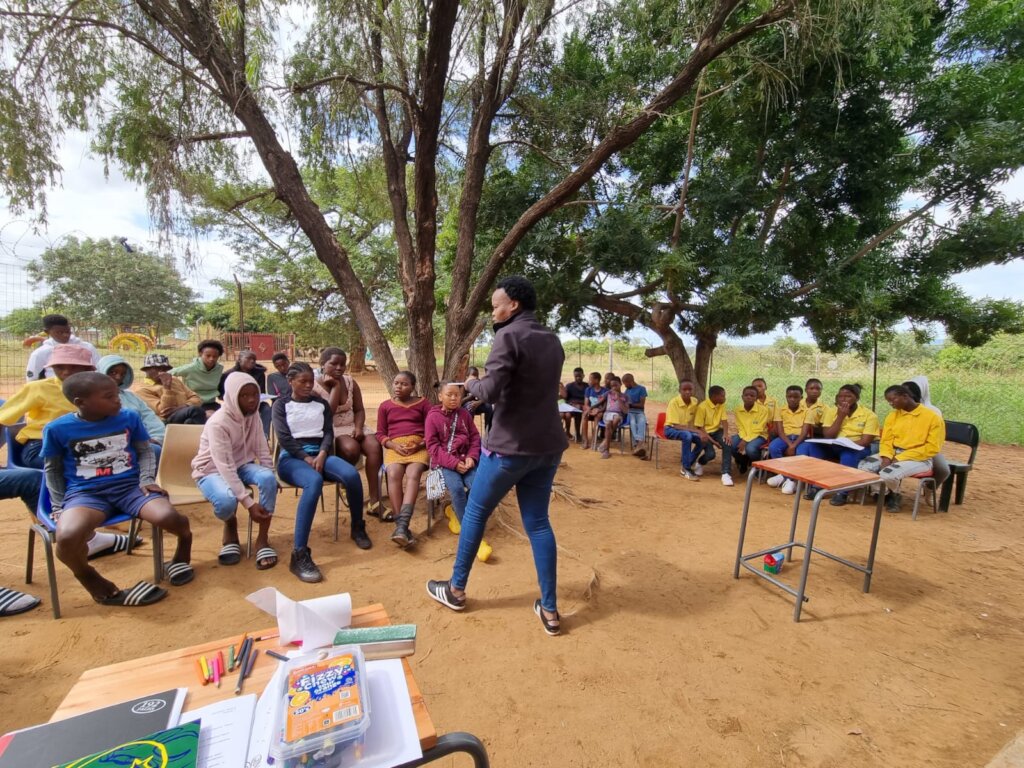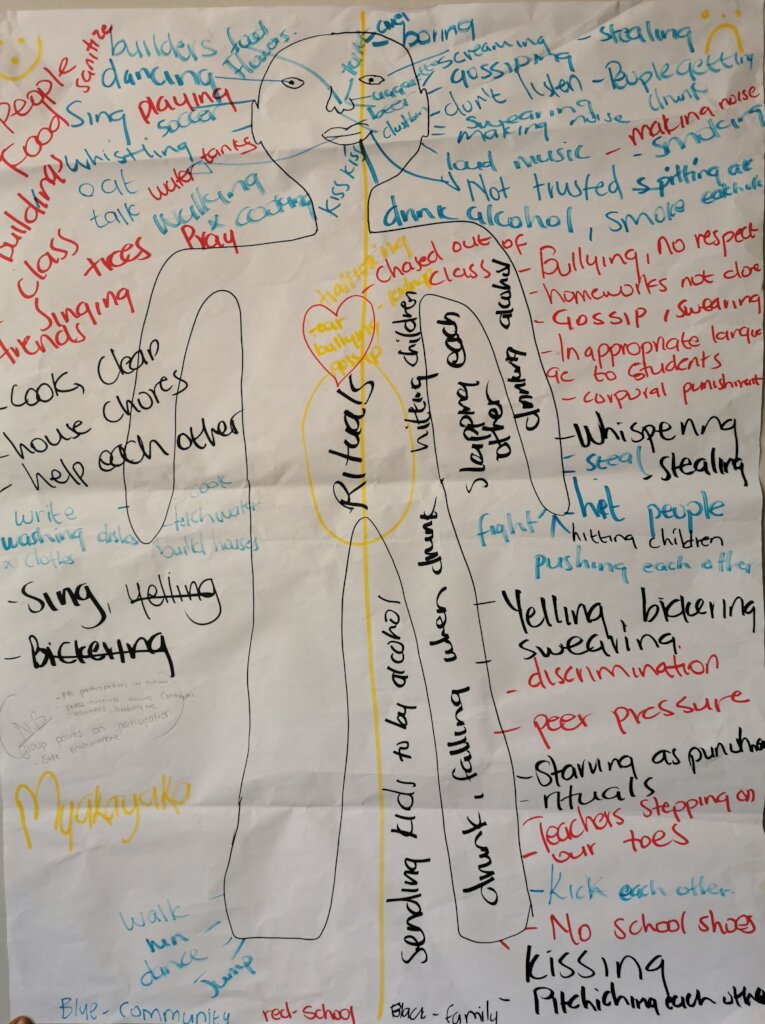By Louise and the KTD196 Dream Team | Jack of all trades, master of none!
Thank you so much for being a part of the change we are seeing in the lives, families, and communities in which we work. It has been 15yrs of hard slog but we are really seeing measurable changes for the better with the people we are working with, and they are influencing for the better those in their spheres of influence.
I have spoken on and off this year about the CRSA (Children’s Rights Situational Analysis) that we performed. Well it is complete, and submitted to the funder so now I can share with you our findings. It will be a series of issues I will discuss because there was just so much that came out of the CRSA regarding rights abuses and what rights the children were not enjoying and why.
The focus of the CRSA was on Article 12 of the United Nations Convention on the Rights of the Child (UNCRC), that of participation, the right to be heard and have your opinions considered. At KTD196 we use a Rights-based approach to development to achieve a positive transformation of power relations among the various development actors.
There are two stakeholder groups in rights-based development—the rights holders (who do not experience full rights) and the duty bearers (the institutions obligated to fulfil the holders' rights). Rights-based approaches aim at strengthening the capacity of duty bearers to fulfil their roles and responsibilities and empower the rights holders to realize and enjoy the fulfilment of their rights.
SO what does this mean? We have through the CRSA identified that children (rights holders) are not considered, not listened to and are actively discounted by adults (duty bearers).
SO WHAT?
Well imagine you are a young girl aged 10yrs of age, you are asked to go to the local shabeens (pub) by your father to get alcohol, late at night, in the dark, to a place that is full of particularly drunk men. The community know where the child is going, they know the child has money, plus will be travelling home in the dark with alcohol and change. The child does not have a voice and cannot say to their parent “I am afraid”, “I don’t want to go”, “Im at risk”, “No!”
Instead the child has to do what they are told, without any say. Parents are putting their children at risk and they don’t even realise, this is just one example. Many of the children who participated in the CRSA said that their parents are not interested in talking to them, in hearing their concerns, and if a child has a different opinion to the parent or any adult it is viewed as disrespectful.
This was confirmed by the parents that were interviewed for the CRSA. The opinion of adults was that kids are too young to have an opinion, should not be listened to because they are just children with no life experience, besides it is the adults who provide for the children so they should not have a say. It is seen as weakness to listen to a child especially if observed by another family member or community member.
What was it like when you were growing up? Can you relate to this experience? As a parent, do you do the same to your children or have you changed your approach.
At KTD196 we are now in the process of formulating a 5yr proposal to address just this one aspect of child participation, I will discuss other issues identified over the next few weeks. I hope you found this interesting and would appreciate any feedback.
Thank you that we are making a real difference in the lives of the children through your support. This is on top of the children’s program we already implement through your support. Thank you for all of your support and encouragement
Louise
Links:
Project reports on GlobalGiving are posted directly to globalgiving.org by Project Leaders as they are completed, generally every 3-4 months. To protect the integrity of these documents, GlobalGiving does not alter them; therefore you may find some language or formatting issues.
If you donate to this project or have donated to this project, you can receive an email when this project posts a report. You can also subscribe for reports without donating.
Support this important cause by creating a personalized fundraising page.
Start a Fundraiser
